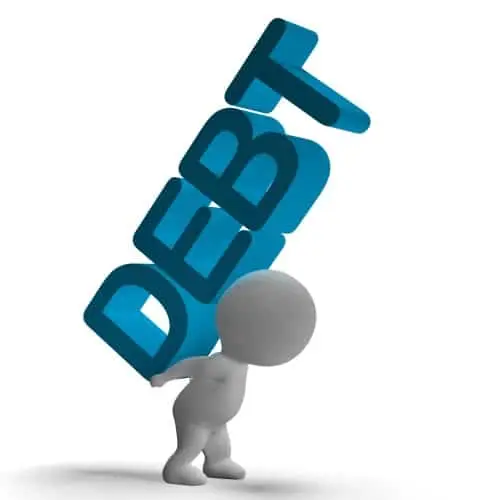Trying to escape debt can be an overwhelming burden, causing financial strain and limiting your ability to achieve financial freedom. Whether it’s credit card debt, student loans, or other forms of borrowing, effectively managing and paying off debt is essential for regaining control of your finances and building a solid financial foundation.
In this comprehensive guide, we will explore practical and actionable strategies that can help you pay off debt efficiently, improve your credit score, and maintain long-term financial stability. From devising a customized debt repayment plan and prioritizing high-interest debts to establishing a realistic budget and developing healthy spending habits, our expert advice will guide you toward successfully managing and eliminating debt.
Devise a Customized Escape Debt Repayment Plan
Creating a personalized debt repayment plan is the first step towards successfully managing and eliminating your debt. To develop an effective plan, follow these guidelines:
1. List Your Debts: Begin by listing all your debts, including balances, interest rates, and minimum monthly payments.
2. Choose a Repayment Strategy: Two popular debt repayment strategies are the debt avalanche and debt snowball. The debt avalanche method involves prioritizing debts with the highest interest rates, while the debt snowball targets debts with the lowest balances first. Choose the strategy that aligns with your financial goals and personal preferences.
3. Calculate Your Monthly Debt Payments: Determine how much you can realistically afford to pay towards your debt each month, factoring in essential expenses and your overall financial goals.
4. Establish a Payment Schedule: Create a monthly payment schedule outlining the amount and target debt for each payment. Consistently follow this schedule to stay on track with your debt repayment plan.
Prioritize High-Interest Debts
Focusing on repaying high-interest debts first can save you money and accelerate your debt payoff journey. High-interest debt, such as credit card debt, can accumulate quickly and prolong your overall repayment timeline. By prioritizing these debts, you can minimize the overall amount of interest paid and redirect those savings towards eliminating other debts.
Establish a Realistic Budget
A crucial component of successful debt management is establishing a realistic budget that accounts for your debt payments while ensuring you can cover essential living expenses. To create an effective budget, follow these steps:
1. Track Your Income and Expenses: Record all sources of income and expenses for a month to understand your financial situation and identify areas for potential savings.
2. Allocate Funds for Debt Payments: Allocate a portion of your income solely for debt repayment, ensuring that you have sufficient funds for essential expenses.
3. Commit to Reducing Discretionary Spending: Identify non-essential expenses, such as dining out or entertainment, and commit to reducing or eliminating them in order to increase available funds for debt repayment.
4. Adjust Your Budget Periodically: Regularly review and adjust your budget as needed to accommodate changes in your circumstances or financial goals.
Develop Healthy Spending Habits
Adopting healthy spending habits can prevent further debt accumulation and support your debt management efforts. Consider incorporating these habits into your daily routine:
1. Use Credit Wisely: Limit credit card use to essential purchases and avoid carrying a balance whenever possible. Pay off your statement in full each month to avoid interest charges.
2. Build an Emergency Fund: Establishing an emergency fund can help prevent the need to rely on credit cards for unexpected expenses, thus reducing the risk of incurring additional debt.
3. Practice Mindful Spending: Evaluate each purchase and consider whether it aligns with your financial goals and values. Avoid impulse buys that could derail your debt repayment progress.
4. Set Financial Goals: Establish clear short- and long-term financial goals to maintain focus and motivation in your debt management journey.
Consider Debt Consolidation and Refinancing
Debt consolidation and refinancing options may offer additional opportunities for managing and reducing your debt burden. These strategies involve combining multiple debts into a single loan with more favorable terms, such as lower interest rates, extended repayment periods, or lower monthly payments. Carefully evaluate the potential benefits and risks associated with these options, and consult with a financial advisor to determine if they are appropriate for your situation.
Conclusion
By adopting effective debt management strategies, such as devising a customized repayment plan, prioritizing high-interest debts, establishing a realistic budget, and developing healthy spending habits, you can regain financial control and chart a course toward a debt-free future.
At Moneyhabitsforme.com, we are committed to providing you with the resources, knowledge, and guidance necessary to help you effectively manage your debt, achieve financial freedom, and build a secure financial future. Browse through our website today to discover a wealth of educational content, expert tips, and insights designed to support your journey to financial independence. Embrace these debt management tips and begin enjoying the peace of mind and financial stability that come with living life free from the burden of debt.

